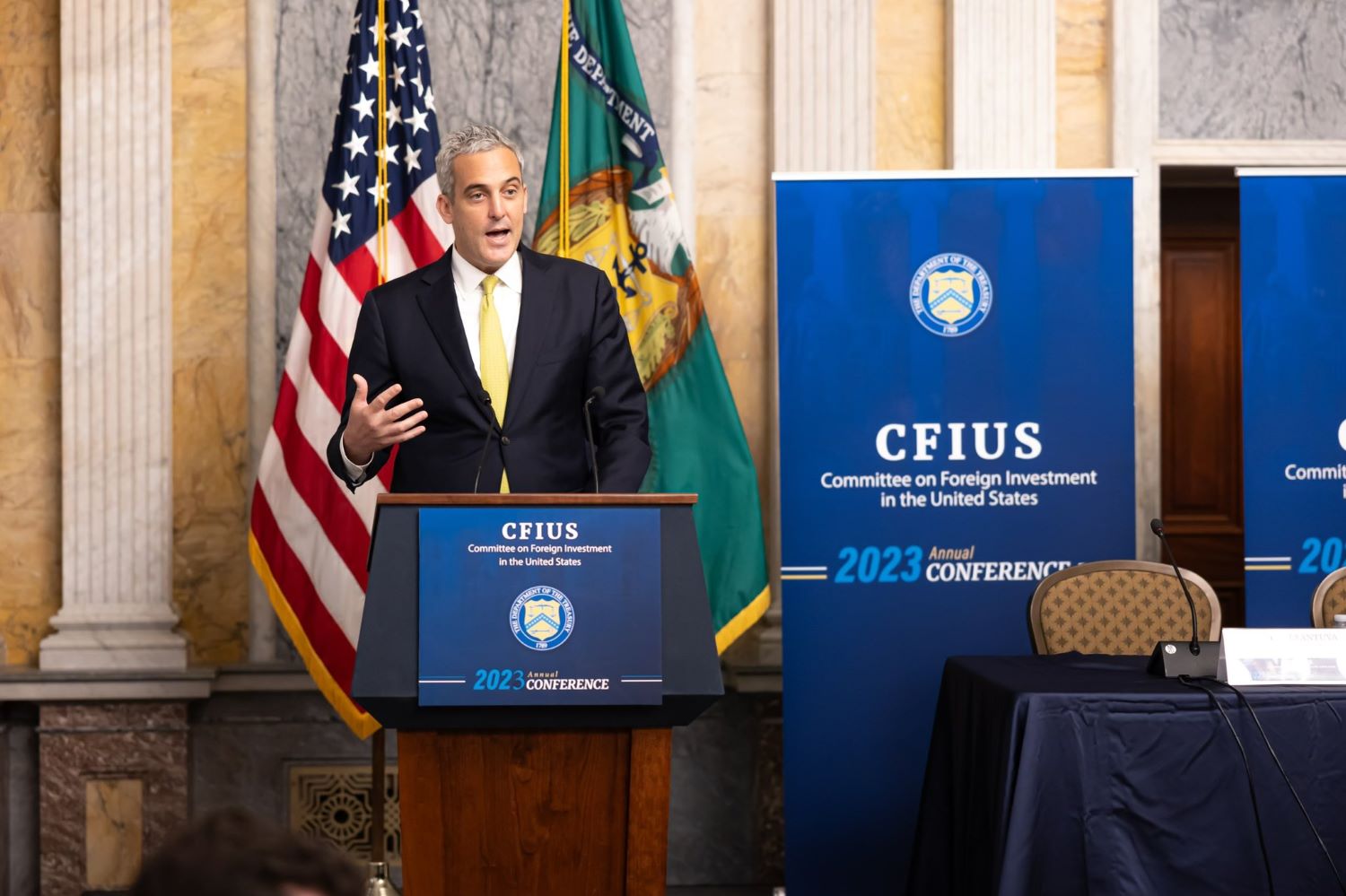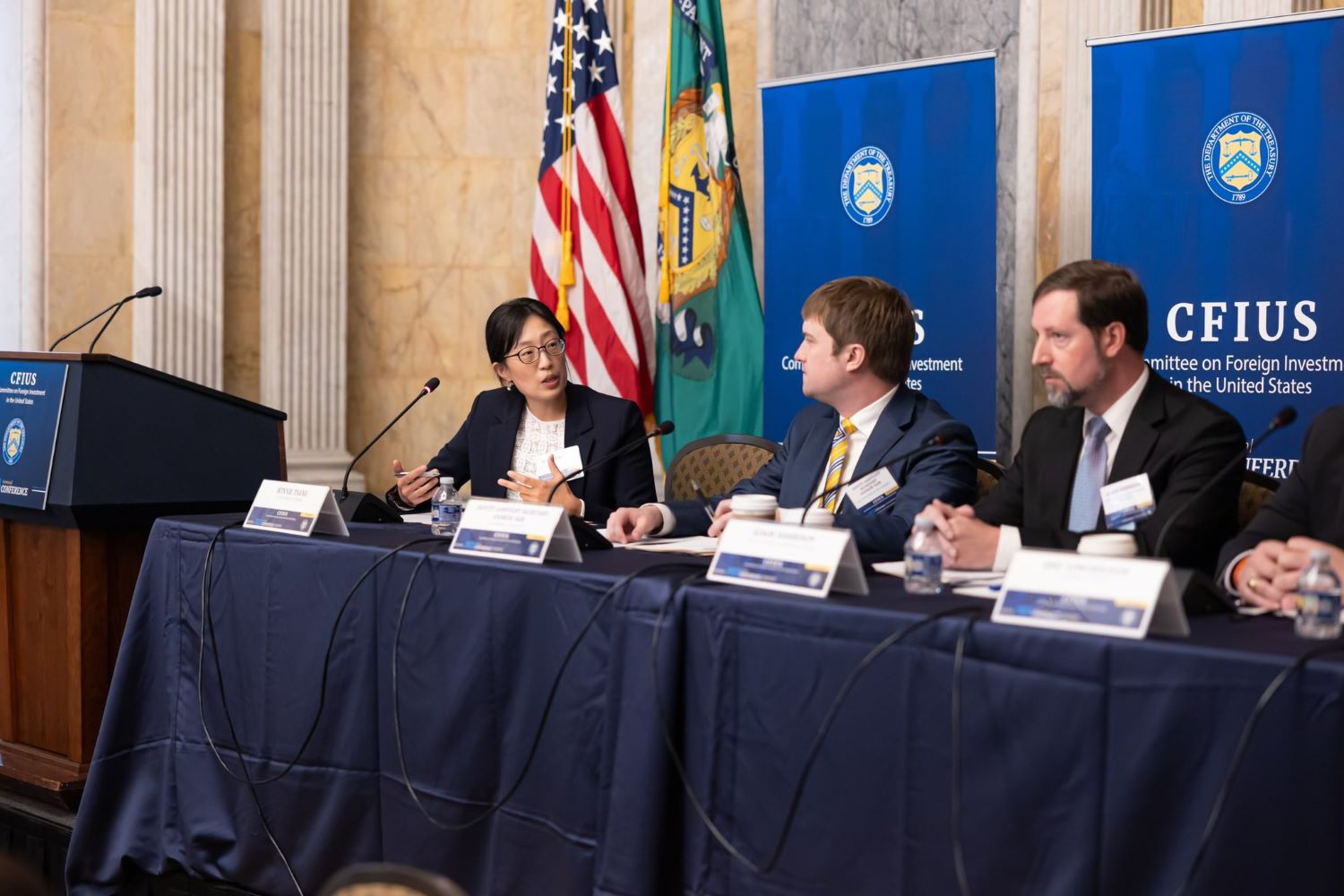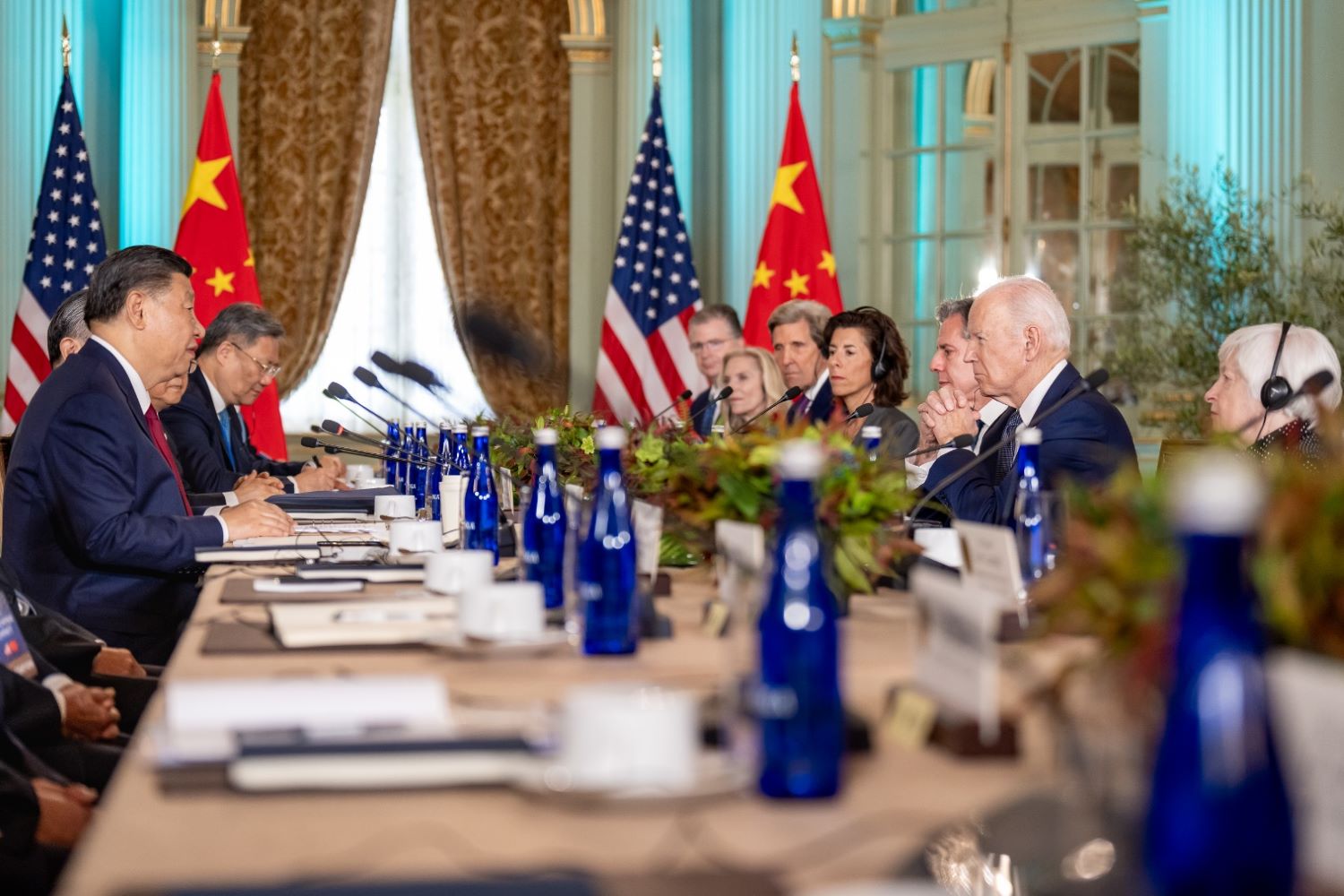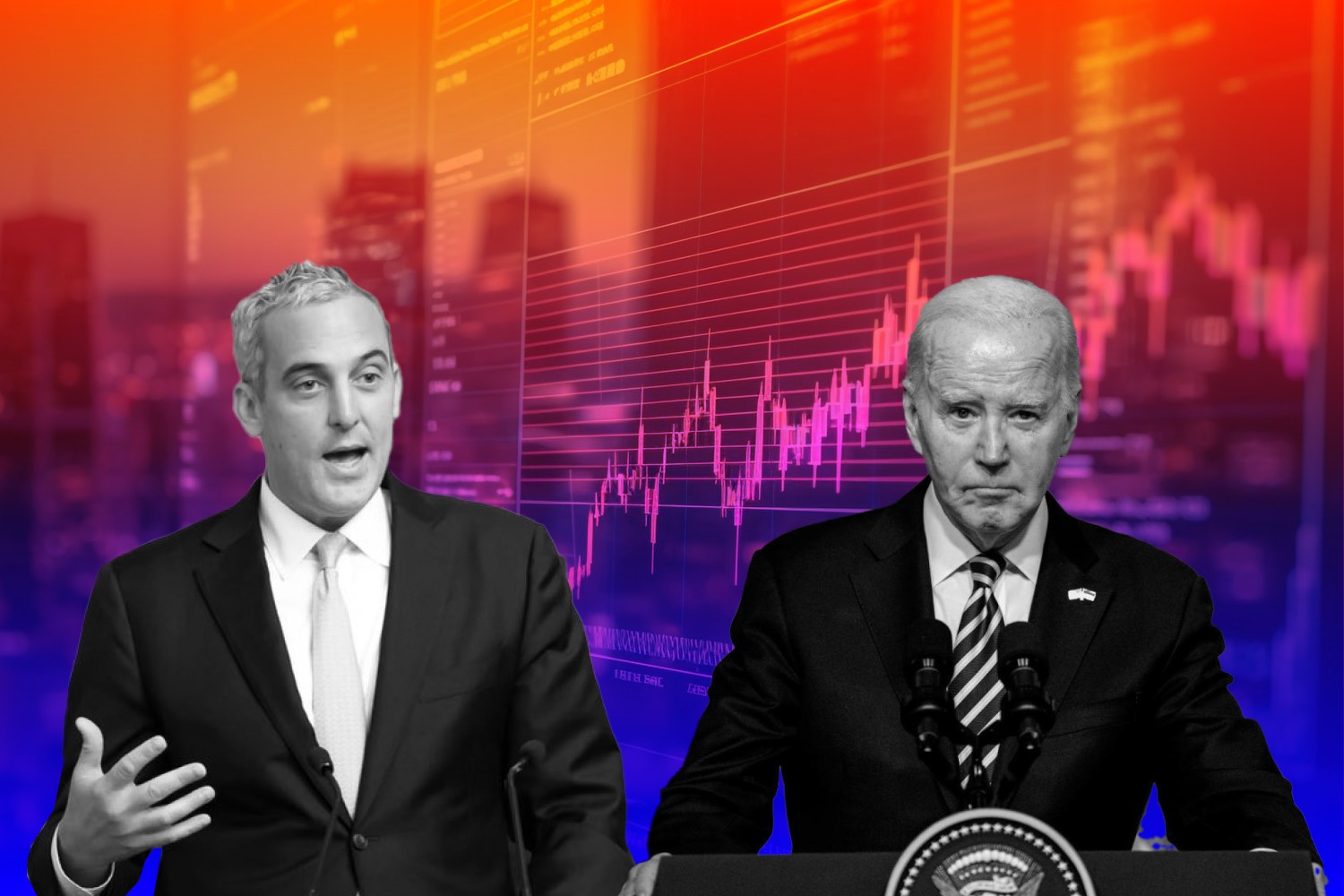Foreign Adversary in Disguise – FDI and the Uncomfortable Side of It
In this crazy world, where are promising lands to put your money? That’s something many investors are asking, and the answer is increasingly they’re going to put in America.
The United States comfortably sit in the top three in terms of investment globally. Many multinationals would undoubtedly bet on the United States as being their biggest domain, an area of business that isn’t going to disappoint them. The United States is both the world’s largest foreign direct investor and the largest beneficiary of foreign direct investment (FDI).
In this story about inbound FDI, a transaction is made when an investor takes controlling ownership in a company, sector, individual, or entity in another country. And because of this, the fate of the business somehow fluctuates when the investor does some tricks to eat the firm alive, not to mention the national security involved in this discreet investment vector.
But we will talk about it later. First, let’s look at the flow of FDI into the United States in recent years.
Top Destination – Why the World Flocks to the United States?
In 2021, the United States saw the biggest rise in foreign direct investment among all countries. According to the latest data from the IMF’s Coordinated Direct Investment Survey, the U.S. position surged by $506 billion, marking an 11.3 percent increase from the previous year 2020.
For many years, low-cost Russian gas sustained EU industry, but in September 2022, energy prices skyrocketed as a result of Russia cutting off gas supplies through a major natural gas pipeline.
Companies in natural gas-intensive industries in the EU were severely impacted by price increases, which made them think about moving their businesses to the United States, where energy costs are significantly lower and more predictable and green energy incentives are appealing.
The U.S. economy is the biggest and about the strongest in the entire globe, so it makes sense to produce here.
“One of the most striking things that we are seeing now is the number of companies — U.S. companies and global companies — that are committing to build and expand their manufacturing footprint in the United States,” Brian Deese, National Economic Council director, told The New York Times in September.
When talking about why overseas companies are branching out to America, according to Reshoring Initiative data, the most frequent factor reported for “reasons companies reshored or did FDI” is government incentives (1,594 cases from 2010-2021).
That’s why many investors and companies are excited about the benefits from laws like the Infrastructure Investment and Jobs Act, the Inflation Reduction Act, and the CHIPS and Science Act of 2022. As a result, we’re seeing a lot more announcements about foreign investment, especially from energy, car, and clean tech companies.
These foreign direct investment plays a significant and growing role in the U.S. economy, which supported some sixteen million U.S. jobs in 2019, or 10.1 percent of the total labor force, according to research by the Department of Commerce. On average, foreign firms pay higher salaries than their domestic rivals; they are also disproportionately involved in manufacturing.
The benefits of FDI are undeniable, but as these foreign transactions surge, many people have acknowledged another side of this, especially from the entrepreneurs’ standpoint.
When the Sugar isn’t Sweet – Risk of Being Eaten Alive
Venture capital (VC) investors may provide a company with the additional funding it requires to flourish, whether it is seed money for high-risk, early-stage start-ups or an engine of crucial middle market transformation.
As per information provided by the NCSC, VC investors frequently secure a strong position in a company by taking advantage of investment opportunities. These may involve capital expenditures like acquiring land or equipment, as well as implementing operational or financial improvements aimed at fostering growth.

These investments could have a quiet appearance or be covered up in a way that doesn’t cause concern. However, these seemingly harmless transactions send foreign adversaries the chance to quietly insert board members, secure voting rights or gain access to sensitive corporate data.
While an investor’s interest may be held to a minority ownership, even VC investors with a minority ownership right may be afforded enough leverage to influence corporate decisions that ultimately control the company.
To illustrate, the investment agreement might give a VC investor the authority to occupy a controlling number of seats on the board. Another scenario could be where the VC investor becomes a preferred stockholder, giving them the power to veto certain decisions that could harm their investment.
With the use of these mechanisms, a foreign entity may, given enough time and opportunity, be able to have enough control or influence to decide on matters related to corporate management or business operations that may jeopardize the supply chain security or resilience of the targeted company.
This threat becomes even greater when the investors behind the venture capital fund company are not transparent. If a company agrees to a deal without understanding where the funding comes from, it could unintentionally hand over control of the company to a foreign adversary.
This can be achieved via a series of shell companies incorporated in third countries that may not be subject to the same scrutiny as the actual country from which the investment funds originate. For instance, during the Covid-19 outbreak in April 2020, foreign adversaries invested in struggling minor military industries through the use of shell companies.
Using shell companies allows foreign entities to bypass sanctions and other trade restrictions. One executive at a cloud services start-up in Shenzhen reported that the company had seen demands for chips “surge from ‘strange’ companies that masked their real identity behind shell companies.”
An example of this structure in reverse is the use of variable interest entities (VIE) by Chinese companies. Chinese enterprises started utilizing this structure in 2000. The VIE was originally used to allow foreign investment in Chinese companies that would have otherwise been prohibited by Chinese investment laws.
The VIE structure employs an offshore company as the intermediary to arrange the investment. The basic concept of this setup has since been reversed to present a way for Chinese companies to invest in foreign stock exchanges as well as other investments from which they may have otherwise been prohibited.
Talking about China in terms of FDI, we tend to be reluctant with the Communist Party since the country is known for its espionage efforts.
In the story of foreign transactions, many are afraid that by exercising options to gain control of the U.S. company, a Chinese investor, or any foreign investor is positioned as a foreign-government proxy to inflict harm to the U.S. company, U.S. economic security and/or U.S. national security.
Perfect Mask – Foreign Adversary Wears the Shirt of Private Investor
China wants high-tech stuff, even military tech, and that’s got people worried. They’re using investments abroad to get their hands on important tech, data, and infrastructure, and that’s raising concerns about national security.
Leaders in the US and Europe have expressed alarm in recent times regarding investments made by big Chinese companies whose operations are controlled by the governing Chinese Communist Party.
Officials have accused Beijing of forced technology transfers, or requiring Western firms to share technology in order to do business with Chinese companies.
Both President Donald Trump and President Biden took steps to restrict China’s acquisition of advanced U.S. technologies, citing their potential role in China’s military buildup and control over critical supply chains.
Yet when talking about the state ownership, Alan P. Larson and David M. Marchick, international investment experts, have brought up another point of view, stated that state ownership of multinational firms is often unharmful.
However, they note that concerns arise “when the foreign company’s decisions become an extension of the government’s policy decisions rather than the company’s commercial interests.”

The authors provide a warning example, which is a move by Russian energy giant Gazprom in 2006 to cut gas supplies to Ukraine, which some Western observers considered a politically motivated decision.
Whether it affects national security or even worst, sways political decision, we need to find a cure for the issues. This is why the U.S. government has passed legislation that empowers federal agencies to review foreign deals.
A Call for Review – CFIUS Comes in to Play
Historically, VC was not subject to CFIUS review, and so this was a venue through which foreign companies could gain entrée into a U.S. company with limited scrutiny.
For example, a 2019 report by the U.S.-China Economic and Security Review Commission stated that Chinese VC investments typically targeted strategic industries such as AI, autonomous vehicles, virtual reality, robotics, and blockchain technology.
It cited a 2018 Rhodium Group study that found that between 2000 and May 2018, Chinese investors targeted these strategic technologies in 78 percent of all U.S. VC funding rounds involving a Chinese investor.
A separate Rhodium study estimated that, on average, 21 percent of Chinese venture investment in the United States from 2000 through 2017 came from state-owned funds, which were controlled, at least in part, by the Chinese government. That percentage shot up to 41% in 2018.
To address the issue, the US Congress enacted an overhaul of the government’s interagency Committee on Foreign Investment in the United States (CFIUS), expanding its scope to examine Chinese investments in companies with business in the United States and modify or block them if necessary.
These new covered transactions include purchase, lease, or concession by or to a foreign person of real estate located in proximity to sensitive government facilities; Other investments” in certain U.S. businesses that afford a foreign person access to material nonpublic technical information in the possession of the U.S. business, membership on the board of directors, or other decision-making rights, other than through voting of shares.
Any change in a foreign investor’s rights resulting in foreign control of a U.S. business or an “other investment” in certain U.S. businesses is also part of the extended scope. What’s more, any other transaction, transfer, agreement, or arrangement designed to circumvent CFIUS jurisdiction
However, more vigilant investment reviews are only a part of the puzzle protecting US national security. Due to the limited strength of U.S. data protection laws, Chinese companies, unable to acquire U.S. firms holding sensitive data, can opt to purchase the data directly, often with minimal oversight.
Unsolved Dilemma – Surging Investment, Limited Reviews
There are worries that the expanded authority granted to CFIUS might stretch it too thin, making it challenging to address the most significant threats or potentially leading to overreactions that could hinder legitimate foreign investments in the United States.
A new study from the Treasury Department on CFIUS’s activity in 2021, while unfinished, is a welcome sign that CFIUS caseloads remained manageable and US-based businesses stayed attractive acquisition targets despite CFIUS’s new powers.

Certainly, following a significant decline from 2017 to 2020, the count of CFIUS cases involving Chinese investors witnessed a sharp increase in 2021. Chinese investors seem to have adapted to the updated regulations. With new tools to identify unreported transactions, CFIUS is less likely than ever to miss Chinese transactions that could pose a security risk.
“I estimate that CFIUS screened a record 348 new transactions in 2021, 30 percent more than in 2020. Some deals reported to CFIUS were ‘declarations’ for expedited review, a process used mostly for less complex or lower-risk transactions. Most were full notices,” as stated by Martin Chorzempa, senior fellow of the Peterson Institute for International Economics.
Only one-third of these cases led to thorough investigations, each lasting up to 45 days, in addition to the initial 45-day notice review period. This proportion is comparable to that in 2021 but notably lower than during the Trump administration. This implies that CFIUS is now encountering a higher number of low-risk transactions, which need less detailed review.
It’s worth noting that some transactions necessitated multiple filings, making the total number of “cases” reported to CFIUS larger than the roughly 350 total transactions.
The 30 percent increase in transactions reviewed may seem significant, but foreign investors’ mergers and acquisitions (M&A) in the US increased substantially in 2021, reaching nearly half a trillion dollars in value, up 90% over 2020. This increase was consistent with the rise in domestic as well as global M&A (102% and 81%, respectively).
Bottom lines
These foreign ventures can now obtain clearance from the Committee on Foreign Investment in the United States (CFUIS) or completely avoid the Committee.
In order to mitigate the potential hazards associated with this covert investment avenue, American businesses need to exercise vigilance throughout the whole investment lifecycle, not just during the transactional phase. Even if the investment or transaction seems small, thorough due diligence on any potential investor is required to control and manage the resultant business risk.









